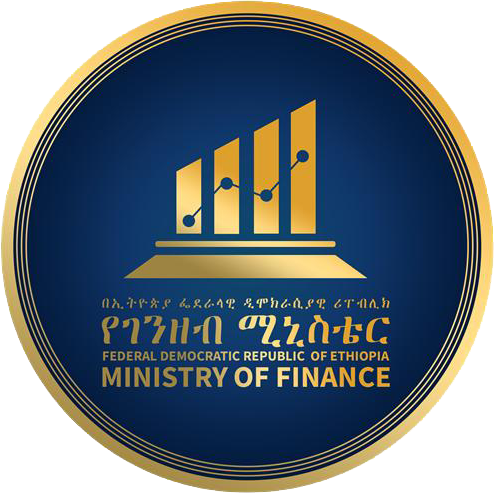
The Ministry of Finance has announced the full implementation of a combined 30 percent tax on petroleum products for the 2025/26 fiscal year, consisting of a 15 percent value-added tax (VAT) and a 15 percent excise duty.
The measure, outlined in the newly approved "citizens’ budget", aims to boost domestic revenue as part of Ethiopia’s Homegrown Economic Reform Agenda.
This decision follows the government’s gradual removal of fuel subsidies since mid-2022, a process that has already driven diesel and gasoline prices up by over 50 percent. With inflation officially recorded at 13.7 percent in August 2025, experts warn that the new tax could further raise living costs and operational expenses for businesses reliant on fuel, including transportation, agriculture, and manufacturing.
Finance Minister Ahmed Shide defended the policy, emphasizing its necessity for sustaining subsidies and strengthening public finances. Alongside the fuel tax, a new motor vehicle transfer tax has been introduced. The government projects GDP growth of 8.9 percent for 2025/26, while targeting a reduction in the fiscal deficit to 1.0 percent of GDP.
Despite the government’s optimistic outlook, critics caution that higher fuel costs could stifle economic activity and increase public dissatisfaction amid already strained household budgets.
Source: Capital Newspaper




